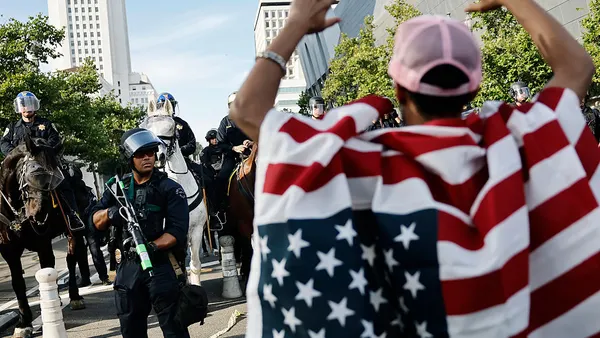Dive Brief:
- While nearly half of office workers in a recent survey said they would be able to resist the urge to check email after hours if they were allowed to disconnect, 41% also said their manager wouldn't follow the rule.
- In other findings, the Robert Half Technology survey revealed that office workers in Chicago, Los Angeles, New York, San Diego and Atlanta would be more likely to answer emails after hours, even if legislation allowed them to disconnect. Additionally, managers in large companies — defined as those with at least 1,000 employees — are expected to be the least likely to stick to an after-hours email ban.
- "Whether it's a self-inflicted attachment to work or feeling pressure to provide immediate responses to leaders, time away from our jobs is not only healthy, but necessary to do our best work," said Robert Half Technology District President Ryan Sutton in a statement. "With or without legislation, managers should be respectful of their employees' personal time, as well as their own, to avoid burnout."
Dive Insight:
The concept of a "right to disconnect" has generated a debate in recent months. New York City saw a bill proposed that would make it unlawful for private employers to require workers to check and respond to email and other communications outside of work hours. The idea grew out of concern for workers' health and the potential for burnout from being connected to the office around the clock. However, it remains unclear whether such legislation could coexist with existing federal employment law, such as the Fair Labor Standards At, which requires that employees be paid for all hours worked.
Under HR's leadership, organizations can, of course, encourage employees to turn off after-hours connections to the office instead of waiting for mandates. Experts regularly recommend that managers set an example by opting out of communications about work-related issues after hours whenever possible.












